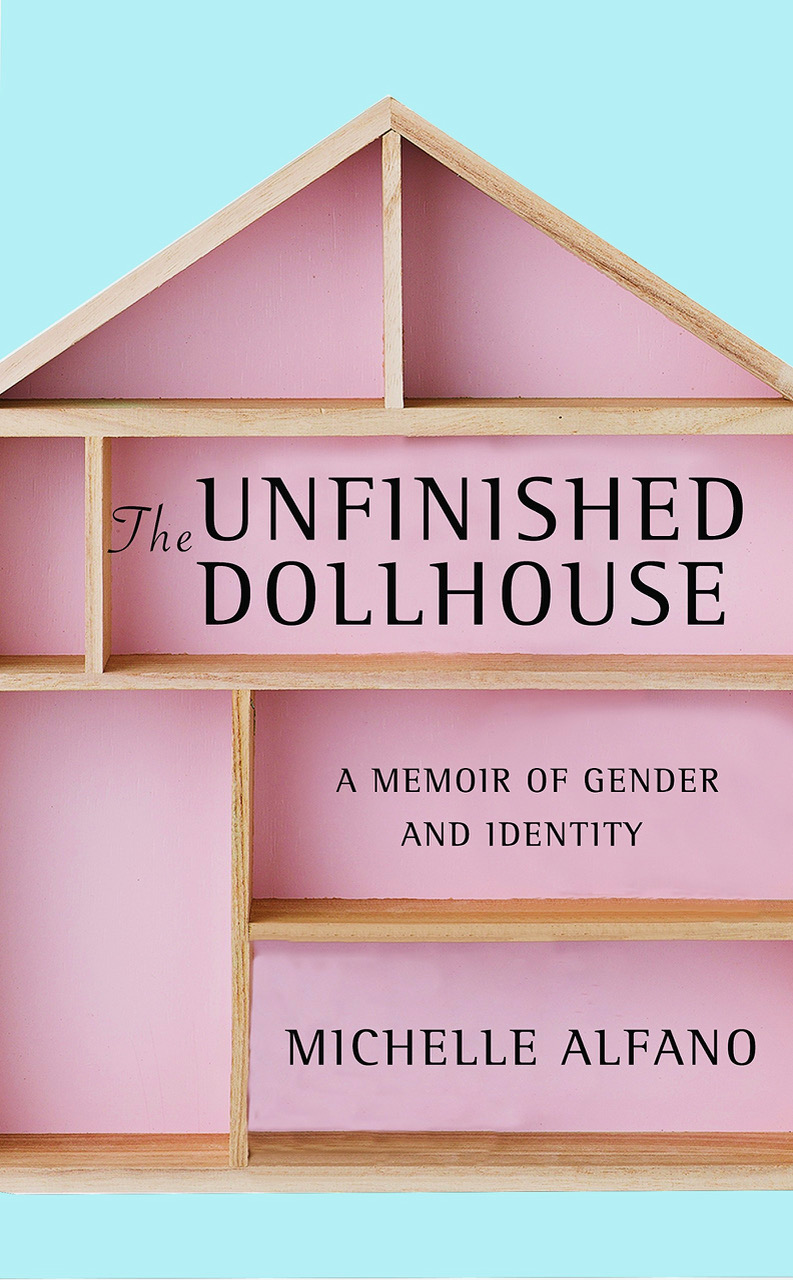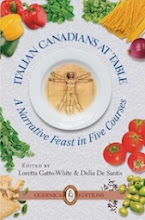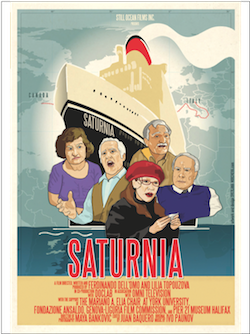 8 1/2 (Otte e mezzo) (Italy, 1962) directed by Federico Fellini, 138 minutes
8 1/2 (Otte e mezzo) (Italy, 1962) directed by Federico Fellini, 138 minutesMarcello Mastroianni? Claudia Cardinale? Anouk Aimee? Who could ask for more in a film?
Fellini had a talent for bringing together the grotesque and the beautiful but never more so than in this film; hence, the creation of the adjective Felliniesque.
Guido Anselmi (Marcello Mastroianni), a famous Italian film director loosely based on Fellini himself, struggles to put together a new film - having no script, no new ideas and a crisis of conscience about his life and the women in it.
He seeks refuge in a fashionable health spa which resembles a sort of Roman ruin. There he is joined by his mistress Carla (the delightful confection Sandra Milo) whom he ferrets away in a nearby shabby pensione in an attempt to conceal their relationship.
The writer involved with the film plagues him and serves as a nagging conscience: "You see, what stands out at a first reading is the lack of a central issue or a philosophical stance. That makes the film a chain of gratuitous episodes which may even be amusing in their ambivalent realism. You wonder, what is the director really trying to do? Make us think? Scare us? That ploy betrays a basic lack of poetic inspiration."
This unnerves Guido as do a host of ghosts and apparitions from his past and imagination: his deceased parents whom he seems to have displeased, cabaret singers, an angry producer, agents, sycophants, journalists, a magician and his elderly female assistant, insecure actresses anxious about their parts, priests and a cardinal whom he seeks approval from, and the sometimes grotesque inhabitants of the spa themselves.
Guido, harassed, looking ill and uncomfortable, has comforting memories of childhood which mingle real life and fantasy. His memories are sweetly strange.
A visit to la Saraghina, a local prostitute who lives in a stone house on the beach near Guido's school, takes centre stage. She is both monstrous and magnificent, with enormous, blackened eyes, dramatic, smeared makeup, wild raven hair and tattered clothes. She dances wildly for money for the schoolboys until they are hauled away by the priests and Guido is disciplined as the ringleader with his shamed mother looking on.
His obsession with women seems to begin here for he covets many: fair, grotesque, thin, voluptuous, cold and withholding, emotional and volatile. These include his adored if exploited wife Luisa (Anouk Aimee); his mistress Carla (Sandra Milo); his sister-in-law Matilde; Madeleine (Madeleine Le Beau), the aging beauty who is to play his mother in the film; his muse the international film star Claudia (Claudia Cardinale); his best friend's young fiancee (Gloria Morin); Rossella (Rossella Falk), Luisa's best friend ... His tastes in women may be said to be catholic.
Luisa, also invited by Guido to the spa, has reached her breaking point with Guido's fantasies and insecurities after she spots Carla at the spa. The women could not be more different: Luisa is beautiful but severe and serious in aspect with dark glasses, sensible clothes and shoes. Carla is feminine and deliciously silly with a veiled pillbox hat, stiletto heels, heaving cleavage and elaborate makeup.
Claudia appears in two guises as a fantasy of a sweet chambermaid in the spa and as the film star offering advice to Guido. She says she wants "to create order", "to cleanse", something Guido desperately seems to need.
The classic archetypes emerge: mother, wife, mistress, muse, fantasy sex object ... none can offer solace. In one disturbing scene he kisses Luisa and she morphs into his mother before his eyes. Luisa does assume that somewhat motherly role in his life: disapproving, stern, unhappy with her lot, unforgiving.
The women come together in a final fantasy sequence where they all live together in relative harmony presided over by Luisa, who in this scenario, controls and admonishes the women to defer to Guido's wishes, the perfect Italian wife, considerate, deferential, tolerant.
The women bathe Guido (as he had been bathed by women as a child), feed him and his enormous ego. Despite the sexist scenario Fellini has obviously created it tongue in cheek. He quickly loses control of the women. A rule of the house is that any female over 26 is banished to the upstairs.
One show girl, complete with feathers and jewels, from his past who is well past her best by date vehemently protests and sets off a storm of anger which Guido attempts to control with a bullwhip, barely unable to restrain the women. One recognizes the conflict between his immense desires and his own recognition of the unreasonableness of those desires.
He tells the cardinal from whom he seeks advice that he is unhappy, the cardinal retorts gently, "Who said you were meant to be happy in this life?"
When Guido decides that only by speaking the truth in his art can he continue to create, his emotional conflict appears resolved. This is symbolized by the physical coming together of all the players in his life in a circus like environment in the finale. Lead by the young Guido clad in white and a number of circus clowns playing instruments, the key players are all dressed in white like angels or apparitions and approach Guido. The women in his life, the people from his past, priests, actors, coveted women, his producer, the writer who plagues him during the course of the film, the spa guests. Even the reluctant Luisa joins them at the end.
At one point the the writer taunts Guido, "Why piece together the tatters of your life - the vague memories, the faces... the people you never knew how to love?
The cast appears on the set for the film that has already been built: a futuristic launching pad which puzzles and alarms everyone involved particularly the exasperated, overtaxed producer. Does it represent the future for Fellini?
This circus like scene had such an impact on me that I remember trying to duplicate this atmosphere in my novella Arias in a sly wink to Fellini where the children perform before the giant billboard in their homemade costumes for the grownups with the character of little Joey Pentangeli dressed as Canio from I Pagliacci.
This film still thrills me with each successive viewing. I felt a lump in my throat as I watched the last scene. Could I ever produce anything so beautiful in my own art?










2 comments:
Michelle, the scene you describe in your novella, Arias, definitely has some of that magic realism/circus atmosphere. I didn't realize when reading it the 'Felliniesque' quality. But it did stand out for me as a wonderfully vivid, technicolor scene, larger than life. Definitely beautiful and arresting in its own distinctive way.
I remember at that ime I was reading alot about Fellini and seeing his films and it definitely affected me in my writing ... pure magic!
Post a Comment